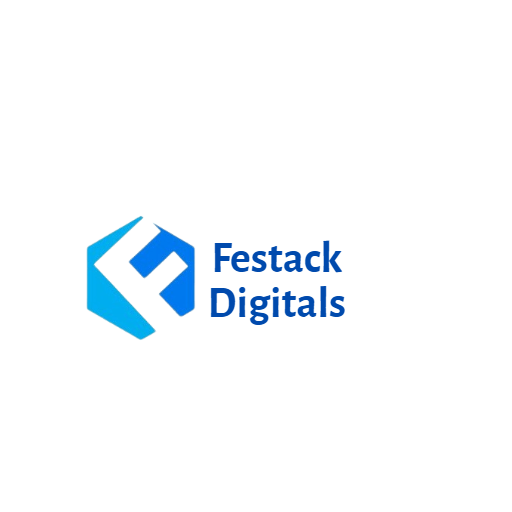
We can help you set up and customize Content Management System (CMS) platforms such as WordPress, Drupal, or Joomla, that allow you to easily update and manage your website content without technical knowledge.
Benefits of Using a CMS:
Using a Content Management System (CMS) offers several benefits for website owners and content publishers. Here are some key advantages of using a CMS:
1. User-Friendly Interface: CMS platforms provide intuitive and user-friendly interfaces that make it easy for non-technical users to manage and update website content. You don’t need to have coding knowledge to add or edit pages, publish blog posts, upload media files, or make design changes. This empowers website owners to take control of their content without relying on developers or technical experts.
2. Efficient Content Management: A CMS simplifies content management by providing a centralized dashboard where you can create, edit, organize, and publish content. You can easily structure your website’s content hierarchy, create navigation menus, and manage multimedia assets. The ability to schedule content publication and set permissions for multiple users facilitates collaborative content creation and streamlines the editorial workflow.
3. Quick Website Updates: With a CMS, making real-time updates to your website becomes seamless. Whether it’s updating product information, adding new blog posts, or modifying page content, CMS platforms enable you to make changes quickly and effortlessly. This ensures that your website stays up to date with fresh content, saving time and improving efficiency.
4. Design Flexibility: CMS platforms offer a wide range of customizable templates and themes that allow you to modify the appearance of your website without the need for extensive coding. You can change colors, fonts, layouts, and other design elements to match your branding and achieve the desired look and feel. Some CMSs also provide the option to create custom templates or integrate with external design tools for more advanced customization.


5. Plugin and Extension Ecosystem: CMS platforms often have a vast ecosystem of plugins, extensions, and modules that provide additional functionality and features. These can range from SEO tools and e-commerce integrations to social media sharing buttons and contact forms. With plugins, you can easily extend the capabilities of your website and integrate third-party services without extensive development work.
6. SEO-Friendly Structure: Many CMS platforms are designed with search engine optimization (SEO) in mind. They offer built-in features that help optimize your website for search engines, such as customizable metadata, URL structures, sitemaps, and SEO-friendly markup. This makes it easier to improve your website’s visibility and rankings in search engine results, ultimately driving more organic traffic.
7. Scalability and Growth: CMS platforms are designed to handle websites of various sizes and can easily scale as your business grows. Whether you have a small blog or a large e-commerce site with thousands of products, a CMS can accommodate your needs. You can add new pages, products, or sections to your website without major technical complexities.
8. Security and Updates: CMS platforms often have dedicated security teams that regularly release updates and patches to address any vulnerabilities. By keeping your CMS and its plugins up to date, you can ensure the security of your website and protect it against potential threats. Additionally, many CMS platforms provide built-in security features, user access controls, and backup functionalities to safeguard your website’s data.
In summary, using a CMS simplifies content management, allows for efficient website updates, provides design flexibility, offers SEO advantages, and ensures scalability and security. It empowers website owners to maintain control over their content and easily adapt their websites to meet evolving needs.

